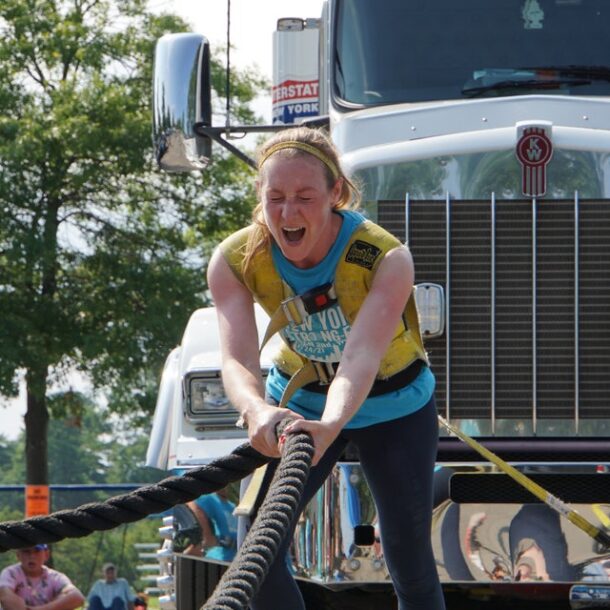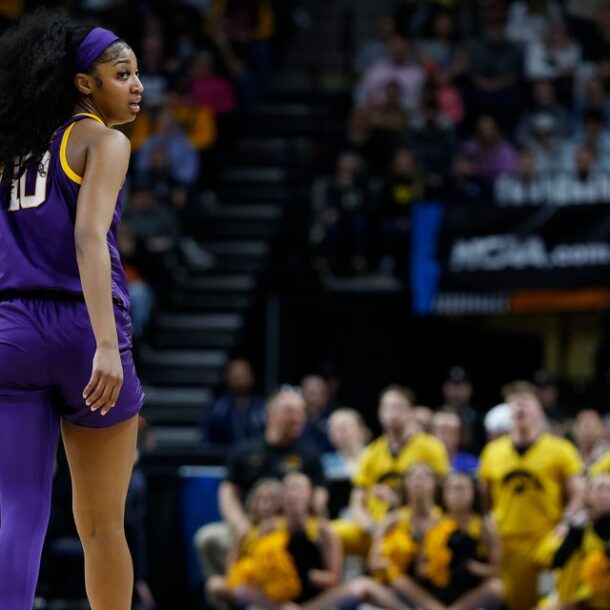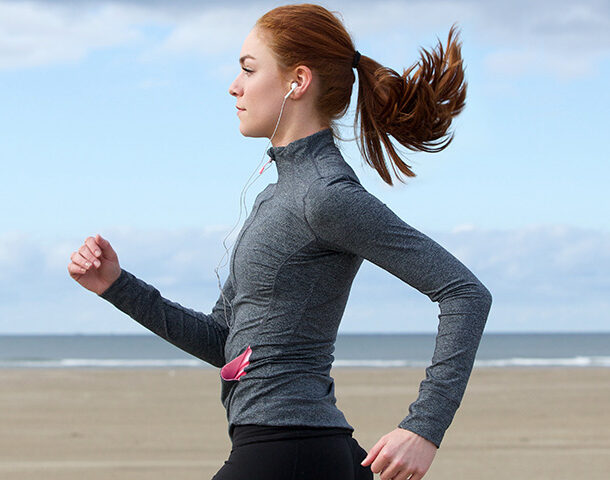
The Best Nike Running Shoes for Daily Jogs, Speed Training, and More
You can find the iconic Nike swoosh on everything from sprinting shoes to marathon sneakers to trail shoes. As much as we love a bit of variety in our exercise routine, it can also make it overwhelming for runners to find their ideal footwear match. With the help of experts, we narrowed down the best Nike running shoes for a range of training needs. Here’s what to look for in your next pair.
Nike shoes for daily training
Whether you’re getting ready for a 5K, logging an easy run, or just trying to increase your mileage, these are the sneakers you’ll reach for again and again. Versatility is a key feature of daily trainers, and they should provide the right amount of comfort and support for your everyday miles.
On that note, look for daily training sneakers with ample ankle support (usually in the form of additional padding around the heel collar) and a slightly wider base if you want more stability (a shoe with a larger landing area should help prevent your foot from rolling), Jossie Abraham, DPM, a podiatric surgeon at Hartford HealthCare Connecticut Orthopedic Institute at St. Vincent’s Medical Center in Connecticut, tells SELF. If you know that your feet tend to roll inward or overpronate, you can look for motion control or stability shoes, which are designed to better hold your foot in alignment and prevent that movement. Neutral shoes, on the other hand, don’t feature additional support and allow your foot to move freely.
You may want a more specialized style of shoe if you’re planning to run a marathon, try to set a race PR, or take your miles on technical terrain. But, if you only use one pair of running shoes, finding a pair that meets this general criteria should serve you well.
Nike shoes for trail running
Trail running shoes aren’t just designed for agility and pace—they should also come with features that’ll keep you safe when you go off-road. Dr. Abraham recommends pairs with lots of traction along the outsole to prevent slipping, along with deep lugs to provide grip on loose terrain. And you can look for shoes made with high-abrasion rubber and waterproof materials for further durability and protection from the elements. Finally, a secure fit is especially important in trail runners, because you may need to move abruptly or to the side in order to avoid roots and rocks, and a well-fitting shoe will help you maintain your agility.
Nike shoes for distance and speed
Whether you’re adding speed training to your running routine or aiming for a PR in your next road race, a pair of specialized shoes can be a worthwhile investment. Lighter-weight sneakers made with responsive, bouncy foam will put some pep in your step when you’re going for higher speeds, Dr. Abraham says. She adds that ones with a curved, rocker sole will help propel you forward with less effort. Nike really shines in this area, with models built for both longer road races and short-speed efforts.
Related Articles
2023 Risesoarness @ All Rights Reserved


